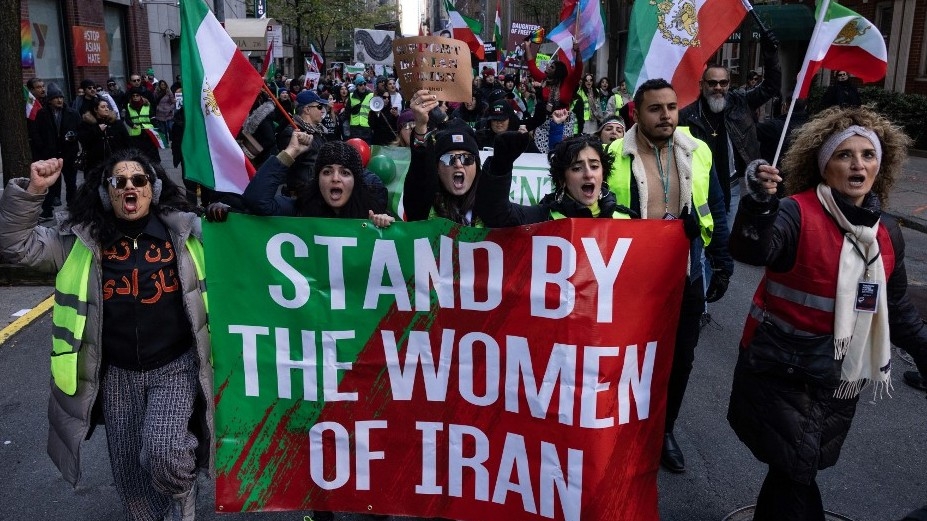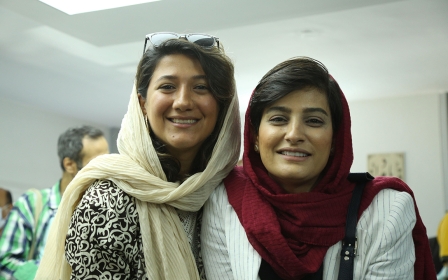Iran intensifies crackdown on hijab non-compliance, Amnesty International says

Authorities in Iran have intensified their “oppressive” crackdown on women and girls who choose not to wear the hijab in public, an Amnesty International report has found.
“Morality policing in Iran is back. The authorities are not fooling anyone by removing the insignia of the ‘morality’ police from uniforms and patrol vans, while emboldening the enforcers of the Islamic Republic’s oppression and subjugation of women and girls to engage in the same violence that killed Mahsa Zhina Amini with impunity,” Agnes Callamard, the secretary general at Amnesty International, said.
Amini was a 22-year-old woman from the country's Kurdish region who died on 16 September 2022 while being held for "inappropriate attire". Her death sparked outrage and protests all over the world.
For decades, advocates for women's rights have contended that the hijab mandate is prejudiced, leveraging it as a tool to limit women's participation in Iranian society. Proponents of the restriction argue its importance in upholding the traditional Iranian principles of modesty.
According to the report, since 15 April, more than a million women in Iran have received messages on their phones warning them that their cars could be confiscated if they were captured on camera without a hijab, or a religious head covering.
Since April, authorities have confiscated 2,000 cars and referred more than 4,000 “repeat offenders” to the judiciary across the country.
The report adds that according to the spokesperson of Iranian police, 108,211 reports on the enforcement of compulsory veiling laws had been gathered and 300 “offenders” had been identified and referred to the judiciary.
'Deplorable' disregard for human dignity
On 21 May, judicial and executive authorities presented the “Bill to Support the Culture of Chastity and Hijab” to parliament.
Under the proposed legislation, women and girls who appear publicly and on social media without hijabs, or who show “nakedness of a body part or wear thin or tight clothes” could face penalties that include: monetary fines; confiscation of cars and communication devices; driving bans; deductions from salary and employment benefits; dismissal from work; and the prohibition of accessing banking services.
On 23 July, a legislative committee announced that it had forwarded the amended bill, comprised of 70 clauses, to the main assembly of Iran's parliament for evaluation. The updated version of the document remains undisclosed.
According to Amnesty International, the intensified crackdown reflects the Iranian authorities’ “deplorable disregard for the human dignity and rights of women and girls to autonomy, privacy and freedom of expression, religion, and belief”.
Amnesty International is calling on the international community to take a stand against the Iranian authorities as they “intensify their oppression of women and girls”.
The report said that the response of countries shouldn’t be limited to public statements but instead should include the pursuit of legal pathways to hold officials in Iran accountable.
“All governments must do everything in their power to support women and girls fleeing gender-based persecution and serious human rights violations in Iran, ensure they can access swift and safe refugee procedures and under no circumstances should they be forcibly returned to Iran,” Callamard said.
Middle East Eye propose une couverture et une analyse indépendantes et incomparables du Moyen-Orient, de l’Afrique du Nord et d’autres régions du monde. Pour en savoir plus sur la reprise de ce contenu et les frais qui s’appliquent, veuillez remplir ce formulaire [en anglais]. Pour en savoir plus sur MEE, cliquez ici [en anglais].





